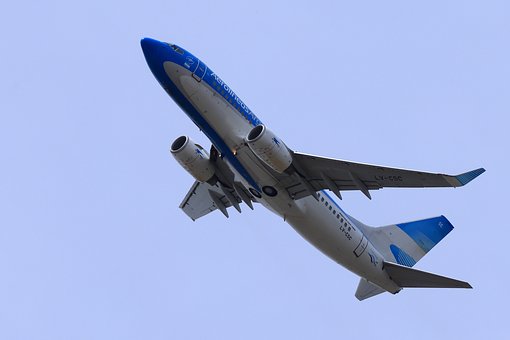AOG Technics Ltd, a London-based supplier, is currently under investigation for allegedly providing counterfeit jet engine components with fraudulent safety certificates. These parts are reported to be in use in older-generation Airbus A320 and Boeing 737 aircraft.
In response to the scandal, several major US airlines, including American Airlines, United Airlines, Southwest Airlines, and Delta Airlines, have taken precautionary measures by withdrawing affected engines from service.
The UK Civil Aviation Authority (CAA) has confirmed that some parts sourced from AOG Technics are installed in engines on UK aircraft. Consequently, the agency has issued a safety notice, advising all UK aviation organizations to conduct thorough reviews of their records to verify the origin of their aircraft components.
A spokesperson from the CAA stated, “We can confirm that we are one of a number of organizations looking into this, but we are unable to comment further on ongoing investigations.”
It is reported that allegedly flawed safety certificates have been identified in at least 126 engines across multiple Boeing and Airbus aircraft, raising serious concerns about the safety oversight within the aviation industry.
Regulators have recommended that all relevant entities such as CAMO, operators, owners, maintainers, and distributors meticulously scrutinize their records to ascertain the source of any parts acquired directly or indirectly from AOG Technics. Additionally, they advise verifying the authenticity of airworthiness release certificates (ARC) with the approved organization mentioned on the certificate.
Several major airlines, including Aer Lingus, British Airways, EasyJet, Jet 2, Ryanair, Virgin Atlantic, and Wizz Air, have confirmed that they have not been supplied with parts from AOG Technics.
The European Union Aviation Safety Agency (EASA) has expressed concerns about the falsified safety forms provided by AOG Technics, stating that manufacturers have confirmed the certificates to be fraudulent. EASA has issued an alert to determine if other parts with falsified safety forms have been supplied and to minimize any potential airworthiness risks.
In addition to the allegations of fraudulent parts, AOG Technics has also faced claims of creating fictitious employees and utilizing stock photographs for non-existent staff profiles on LinkedIn.
The discovery of potentially faulty parts has prompted airlines to replace components on a limited number of planes. However, only a fraction of the 23,000 existing CFM56 engines have been affected thus far.
The controversy underscores the complex nature of the aviation industry and emphasizes the need for strict oversight to ensure the safety of air travel. The court proceedings reveal that CFM International, along with its co-owners General Electric and Safran, have compelling evidence that thousands of jet engine parts were sold with falsified documents.
As investigations continue, the full extent of the issue and its impact on the aviation industry remains uncertain. The court’s order for AOG Technics to disclose documents related to parts transactions is expected to shed light on the scope of the problem.




